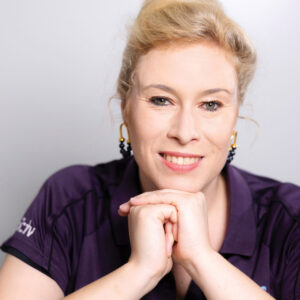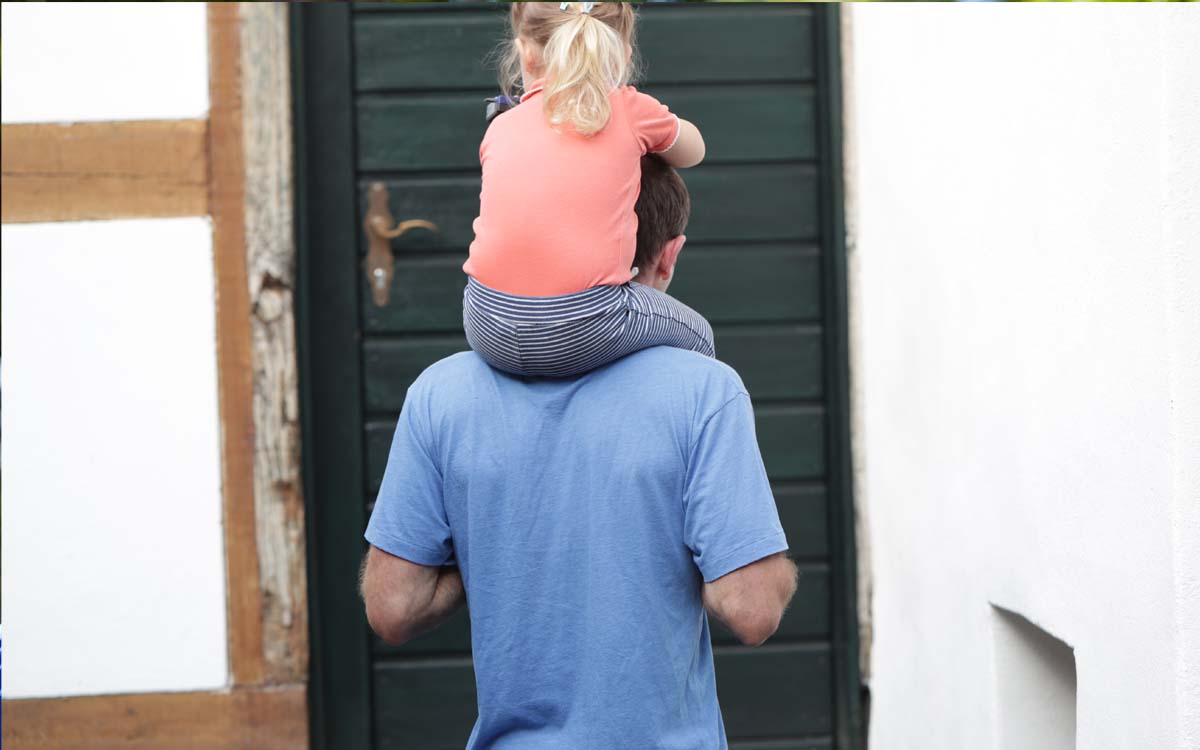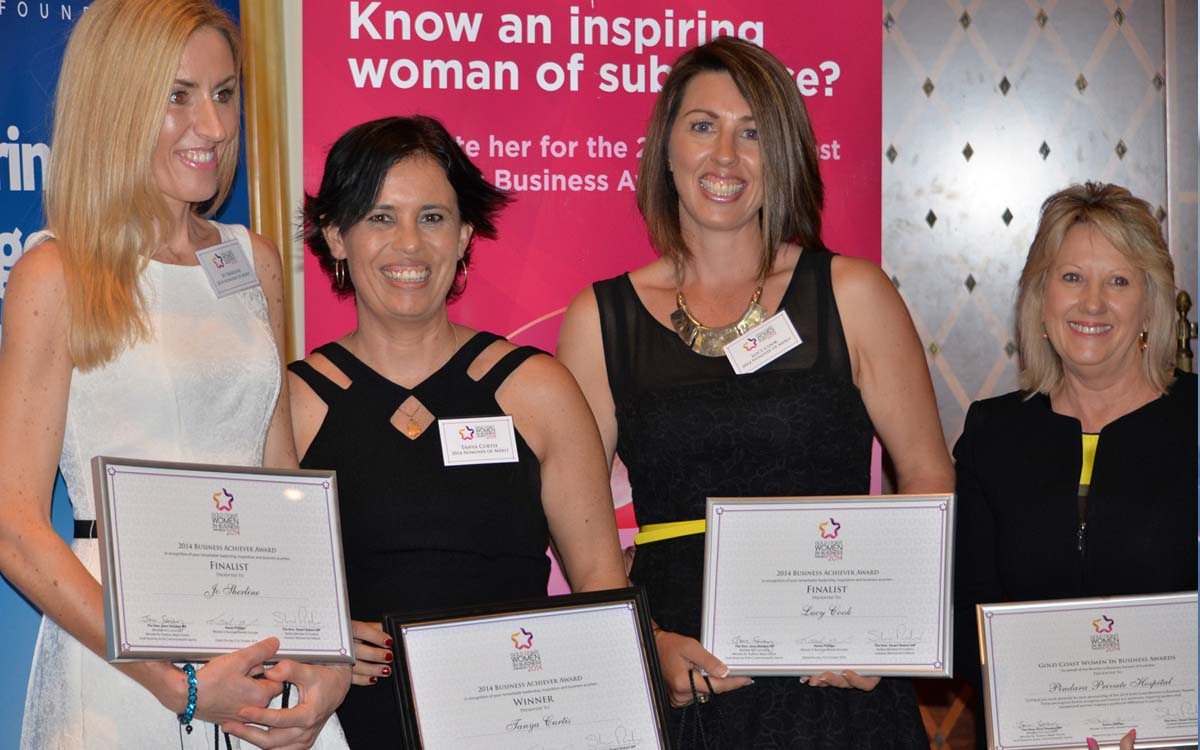The milestone for a child’s first words is 12 months. So what does it mean if your child has not begun speaking by then?
At 12 months children are expected to be communicating extensively without words. We generally hear lots of babbling made up of lots of different sounds and letters. They will seek your eye contact and show you things with gestures or by pulling or taking you somewhere. They will use gestures or body movements to tell you what they want (e.g. to be passed something or to get down from the high chair), they will laugh, smile and use deliberate movements or gestures in response to something you say or do.
Basically, we want to see babies busting out all their moves to connect and interact with you. If your 12-month-old is not communicating extensively without words, they are more likely to need support to kick start their talking. These children may benefit from support from a speech pathologist.
If at 12 months your child is expressive without using words they are likely to begin developing language shortly after this. Some children are capable of speaking earlier than they do but hold back due to not feeling the need to speak, anxiousness or even perfectionism. Babies are more like mini adults than we realise and some even hold back because they are not confident in how their speech will be received.
If this describes your child, there is a lot you can do to support them to start rolling out words:
- Make every interaction (to the best of your ability) about connecting with your child. We can get caught in the busyness of the day as mums, dads, childcare workers, relatives and friends, but what if we were to slow down where we can and look for the intricacies of how your baby and children are connecting with you? The deliberate yet subtle looks, the cheeky smiles, the ever so slight head nods, them looking at you just to take you in. Responding to all of these things tells your baby that communicating is valuable and that even though they are still small, they have a lot to say and you are interested in meeting them for who they are, connecting to all they have to express.
- Create opportunities for your baby and child to communicate by not anticipating their needs and wants and making their favourite things less accessible so they need to ask you for them. At these times use single words to show them how to make their request and wait to see if they repeat it.
- Use single words to label an item when their attention is focused on it.
This article was originally published in the October 2015 Edition of Haven Magazine.







